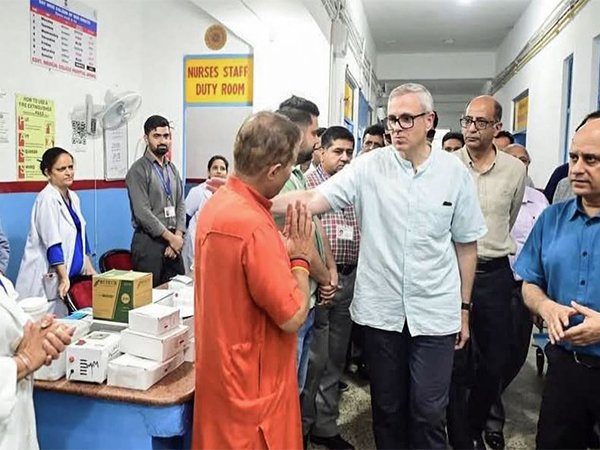
Rwandan Forensics Seeks $38M for Cutting-Edge Tech Upgrades
The Rwanda Forensic Institute (RFI) plans to invest Rwf34.5 billion in cutting-edge forensic laboratory equipment by 2029 to achieve ISO 25017 certification and bolster the accuracy of legal evidence analyses. During an online meeting with the Parliamentary Committee on State Budget and Property on Friday, May 9, Justice Minister Emmanuel Ugirashebuja highlighted the importance of this investment for enhancing the institution’s efficiency.
“We aim to spend Rwf34.5 billion on state-of-the-art forensic machinery,” stated Ugirashebuja during his address to lawmakers. “This upgrade will notably boost our operations and help us reach ISO 25017 accreditation.” Currently, RWF1.4 billion has already been invested in procuring current lab facilities.
Additionally, RFI intends to allocate Rwf1.7 billion towards acquiring specialist reagents and chemicals required for forensic tests within the upcoming fiscal period starting July 2025. Previously, between April 2024 and March 2025, Rwf836 million was earmarked for such purchases, out of which Rwf653 million has already been expended—representing a completion ratio of about 78%.
In terms of past expenditures, funds have gone towards purchasing IOSC-operated cars amounting to Rwf509 million, covering expenses related to scientific proof valued at Rwf395 million, and financing anti-terrorism efforts totaling Rwf2.3 billion.
Looking forward, annual funding requirements are projected to increase; specifically, they expect needing Rwf5.2 billion next year followed by Rwf6.5 billion annually for both following years until all initiatives conclude around mid-2028.
To match international benchmarks, the institute acknowledges the necessity of expanding its physical space beyond its present location—a structure measuring just 3,001 sqm—to accommodate at least 22,000 sqm necessary for fulfilling functional requisites and attaining ISO 17025 validation. Efforts include investigating possibilities like building, buying, or leasing additional premises suitable for these objectives.
Previously relying heavily on foreign entities for DNA sample processing—with turnaround times stretching nearly one year due to external dependencies—the nation can now independently manage DNA testing tasks domestically while simultaneously extending assistance across ten neighboring states.
Launched initially as the Rwandan Forensics Lab then subsequently upgraded to become known simply as the RFI under direct oversight from the Department of Justice since inception back in 2016, this entity serves exclusively governmental bodies concerned primarily with investigative functions throughout Rwanda. Its swift growth internationally places it firmly among leaders influencing forensic practices regionally too.
Accordingly, advancements driven by increased autonomy facilitate quicker resolution timelines alongside enhanced evidentiary credibility along with burgeoning authority shaping norms surrounding forensics acumen pan-African wide. This transformation underscores significant strides taken toward establishing robust frameworks capable of supporting transparent litigation processes locally and globally alike.
Provided by Syndigate Media Inc. (
Syndigate.info
).
Share this content:




















Post Comment